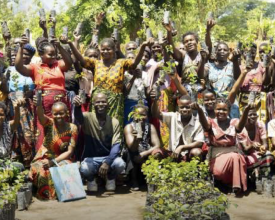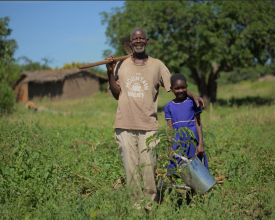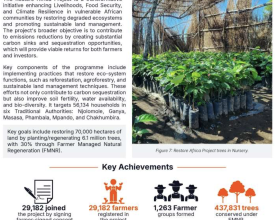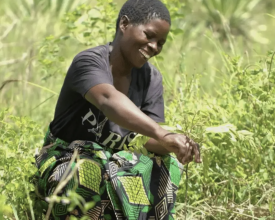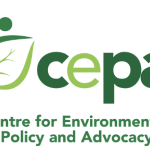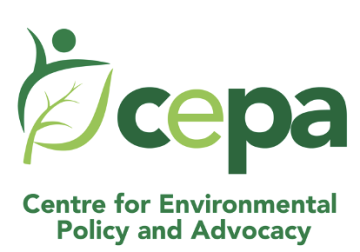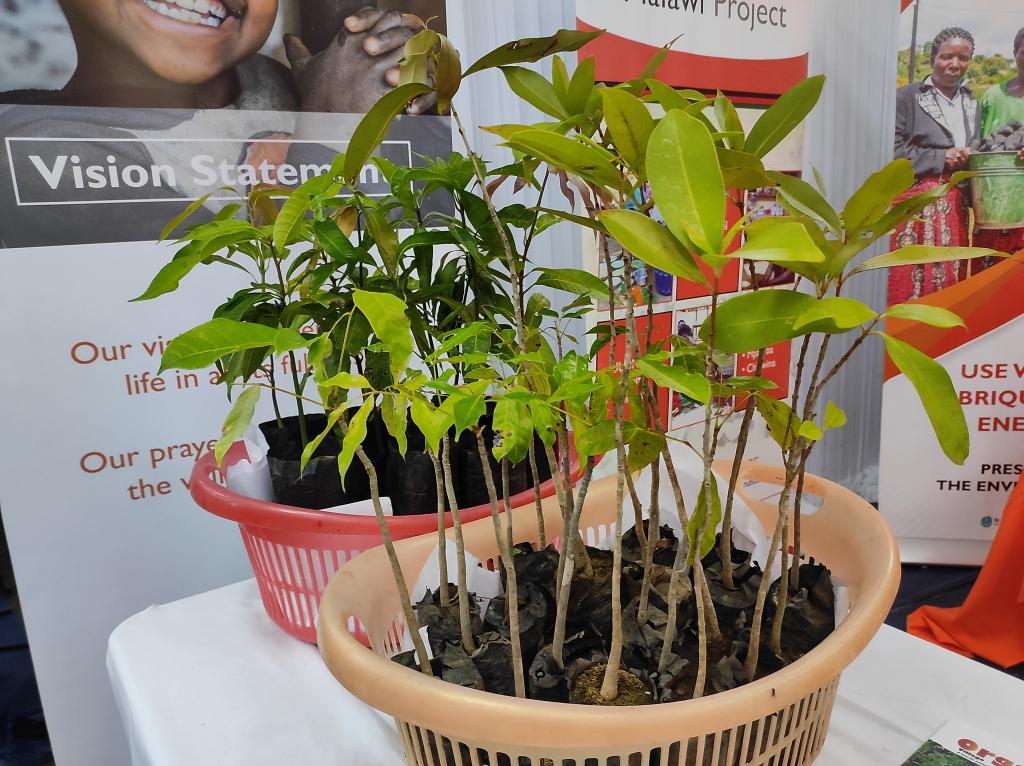FARMER MANAGED NATURAL REGENERATION (FMNR) AND EVERGREENING AGRICULTURAL PRACTICES FOR RESTORATION
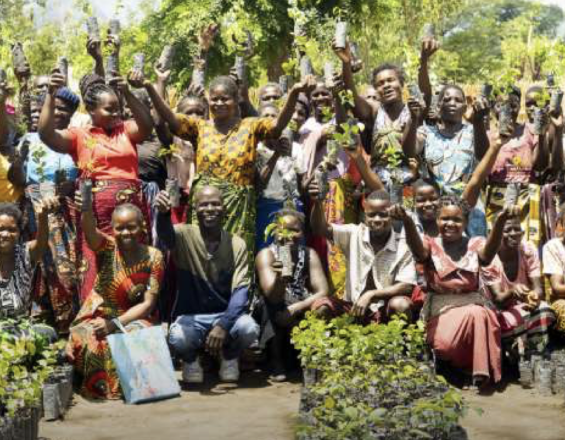
Farmer Managed Natural Regeneration (FMNR) empowers communities affected by land degradation and climate change. It involves regenerating trees from stumps, roots, or seeds to improve soil fertility, crop yields, fodder, firewood, water sources, and biodiversity—ultimately enhancing livelihoods.
By managing regrowth of native trees in farms and pastures, FMNR restores soil health, prevents erosion, retains moisture, and can enrich soil with nutrients like nitrogen. This low-cost, sustainable method supports economic, social, and environmental goals.
FMNR is central to achieving the Sustainable Development Goals (SDGs) and is key to improving life for millions of children and their communities worldwide. It is an approach that currently is being applied for different programmes and projects such as the Restore Africa Project as well as others that focus on sustainable livelihoods.
Context
Challenges addressed
Malawi faces severe environmental degradation, driven by deforestation, soil erosion, and unsustainable land use. Over 30,000 hectares of forest are lost annually, undermining soil fertility and increasing vulnerability to floods and droughts. Socially, communities rely heavily on firewood and charcoal for energy, contributing to forest loss and reducing access to wild fruits, medicinal plants, and other non-timber products. Women and children bear the burden of longer hours collecting fuelwood. Economically, smallholder farmers struggle with declining crop yields and limited income sources, leaving them vulnerable to climate shocks. World Vision’s Farmer-Managed Natural Regeneration (FMNR) addresses these challenges by promoting regrowth of native trees and shrubs from existing root systems. This low-cost approach improves soil health, restores biodiversity, provides sustainable fuelwood, and creates income opportunities such as fruit and honey production, supporting both environmental recovery and community resilience.
Location
Process
Summary of the process
The success of World Vision’s FMNR in Malawi lies in the strong connection between its core components. The low-cost regeneration technique provides a practical entry point for land restoration, which is made effective and sustainable through community empowerment and farmer training, ensuring that local people have the knowledge and motivation to manage natural regrowth. This is further reinforced by multi-stakeholder partnerships, which create an enabling environment by linking grassroots efforts to policy, technical support, and wider adoption. Together, these elements build on each other—technical simplicity, local ownership, and institutional support—to deliver lasting environmental and livelihood outcomes.
Building Blocks
Low-Cost Regeneration Technique (Approach & Tool)
FMNR uses a simple, scalable method of regenerating trees and shrubs from existing root systems or stumps. Farmers prune and protect selected shoots to allow natural regrowth, restoring land without expensive inputs. This technique builds climate resilience, improves soil fertility, and enhances biodiversity.
Community Empowerment and Farmer Training (Process)
World Vision invests in training farmers on FMNR practices and land stewardship. This includes knowledge-sharing, farmer-to-farmer learning, and community mobilization, ensuring local ownership and sustainability. Behavioral change and traditional knowledge are central to the process.
Multi-Stakeholder Partnerships (Partnerships)
The success of FMNR is supported by collaboration with government ministries (e.g., Department of Forestry from the Ministry of Natural Resources and Climate Change), local authorities, and NGOs. These partnerships facilitate policy support, scaling, and integration into broader reforestation and climate adaptation strategies.
Impacts
The Farmer-Managed Natural Regeneration (FMNR) initiative by World Vision in Malawi has shown significant positive impacts across environmental, social, and economic dimensions. Environmentally, over 10,000 hectares of degraded land have been restored across 36 impact areas, leading to improved soil fertility, reduced erosion, and increased groundwater retention. The natural regrowth of trees and shrubs has enhanced biodiversity, bringing back native species and promoting ecological balance. Socially, more than 40,000 farming households have benefited from access to sustainable firewood, reducing the burden on women and children who previously spent long hours collecting fuelwood. The regeneration of wild fruit trees and medicinal plants has also improved access to traditional nutrition and health resources. Economically, FMNR has enabled households to diversify incomes through the sale of products like honey, fruits, and briquettes, while increased crop productivity from improved soils has strengthened food security and resilience against climate shocks. These outcomes demonstrate that FMNR is a cost-effective, community-led solution with scalable benefits.
Beneficiaries
Beyond 100,000 farmers, FMNR benefits communities, women, schools, local leaders, forestry departments, and small entrepreneurs through improved resources, income, and environmental stewardship.
Global Biodiversity Framework (GBF)
Sustainable Development Goals
Story
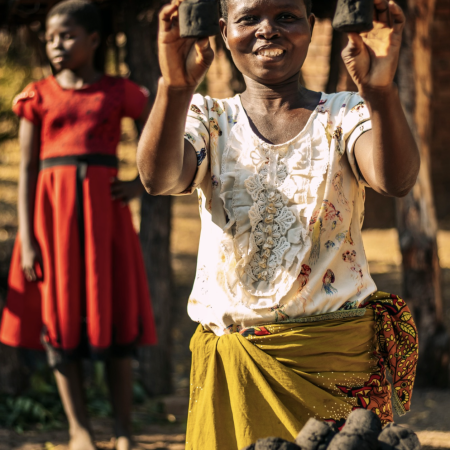
Restoring Livelihoods and Landscapes: Elizabeth’s Sustainable Shift
In the drylands of Nsanje, Elizabeth Zhuwaki, 40, used to rely on charcoal production—a dangerous and environmentally harmful trade that once seemed like her only option. But in 2023, everything changed. Through World Vision Malawi’s Farmer Managed Natural Regeneration (FMNR) initiative, Elizabeth was trained in sustainable natural resource management and introduced to briquette making—an alternative that protects forests while providing income.
Leaving behind the axe and kiln, Elizabeth turned to agricultural waste to produce clean-burning briquettes. Her efforts quickly paid off. “I sold 15 bags for MK90,000,” she says. “With that, I bought a goat, maize, and reinvested MK30,000 into my new business. Now, I’m teaching others to do the same.”
Elizabeth’s transformation is part of a broader movement—618 participants in the Nyachipere Area Programme have gained similar skills, replacing destructive practices with eco-friendly enterprises. Her journey proves that when communities are empowered with the right knowledge, regeneration becomes more than environmental—it becomes personal, social, and economic.

